ADVERTISEMENT

The U.S. government slapped a 39% tariff on imports from Switzerland, including watches, after a diplomatic trip to Washington D.C. by the Swiss president and top government officials failed to win a last minute reprieve from the Trump administration. The new tariff rate of 39% came into effect at midnight on Thursday in the U.S. and at 6 am in Switzerland. The surge in costs for importers in the biggest single market for Swiss watches will challenge an industry that is already struggling with a post-pandemic-era downturn in global demand and a rising Swiss franc that has gained 12% against a weaker U.S. dollar this year. Meanwhile, input costs to produce luxury watches have continued to rise, with the price of gold hitting record highs.
At 39%, the tariff level imposed on Swiss goods, that excludes pharmaceuticals, is among the highest in the developed world. Other watch making countries including Japan and Germany – as part of the European Union – are facing U.S. tariffs of 15%. With demand for Swiss watches in Europe and China waning, the U.S. market has been a key industry growth driver for the past five years with about 20% of the industry's exports going to the U.S. With the new U.S. tariff levels, which increased from 10%, Jean-Philippe Bertschy, managing director and head of research at Switzerland's Vontobel, says the Swiss watch industry has been dealt a ''highly toxic cocktail.''
The ''lower end of the watch segment,'' such as entry and mid-level priced brands will likely be affected more strongly by the significant shift in U.S. trade policy, Bertschy adds. Swiss suppliers of machinery and tools, for whom the U.S. represents around 15% of exports, will also be hit hard, he says.
Albert Edelmann, the co-founder of Zeitwinkel, a Swiss watch brand based in Saint-Imier says his company has few choices other than to accept the sharp jump in import costs to a market that accounts for between 20% and 30% of its production.
"As a small independent, we are takers of such situations. We cannot influence them,'' Edelmann says. Known for their proprietary movements and use of hand finishing, Zeitwinkel produces about 100 watches per year with an average price of about CHF 18,000.
If left in place, the new policy poses " a huge danger,'' to some U.S. multi-brand watch dealers, particularly those who deal in small, less mainstream Swiss brands, Edelmann says. "We continue to work with our U.S. partners and hope for a resolution to the tariff conflict because we really value our U.S. customers.''
Photo courtesy of Zeitwinkel.
The surge in customs duties with the U.S. has set off a political and economic firestorm in Switzerland. Politicians are facing scrutiny from business leaders and voters with the sharp tariff rates expected to negatively impact Swiss economic growth by between 0.3% and 1%, according to economist estimates. A country of about 9 million people, Switzerland is the seventh-largest foreign investor in the U.S. with about $307 billion in cumulative direct investment, according to the Swiss government, with Swiss affiliates directly supporting more than half-a-million U.S. jobs.
Despite these close economic ties, a phone call between Swiss president Karin Keller-Sutter and U.S. president Donald Trump, on the eve of the Aug. 1 tariff deadline, did not go well, according to sources familiar with the matter and reports from news outlets including the Financial Times and Wall Street Journal.
"The woman was nice, but she didn't want to listen," Trump said of the call, in an interview with CNBC where he focused on the U.S. trade deficit with Switzerland that's about $38.5 billion, mainly due to gold refined in Switzerland and pharmaceutical products which are exempt from the 39% tariff rate. While the European Union and Japan offered the president and his administration headline grabbing promises to invest billions in energy or U.S. manufacturing, the Swiss didn't offer any concessions that would generate similar PR wins for the president.
The current U.S. duties "significantly weaken the international competitiveness of our companies on the American market, jeopardize long-established trade relations and seriously endanger thousands of jobs," the Federation of Swiss Enterprises says in a statement.
Most of the top Swiss watch brands, from Rolex to Omega, Patek Philippe, and Audemars Piguet, raised prices in the U.S. between 3% and 10% in response to the initial 10% tariff rate. Now brands, importers, U.S. distributors, and retailers will decide how to divide the additional costs of importing Swiss watches to the U.S. It's unclear how much of that increased cost will be passed on to consumers, who have already endured double-digit percentage price increases from a host of Swiss brands during the past half-decade.
According to an editorial in Swiss newspaper Neue Zürcher Zeitung "Switzerland must focus on its strengths and remain what the U.S. is no longer: stable and predictable. Likewise, Switzerland must secure trade with as many other partners as possible if things get shaky with the U.S.,'' the newspaper says.
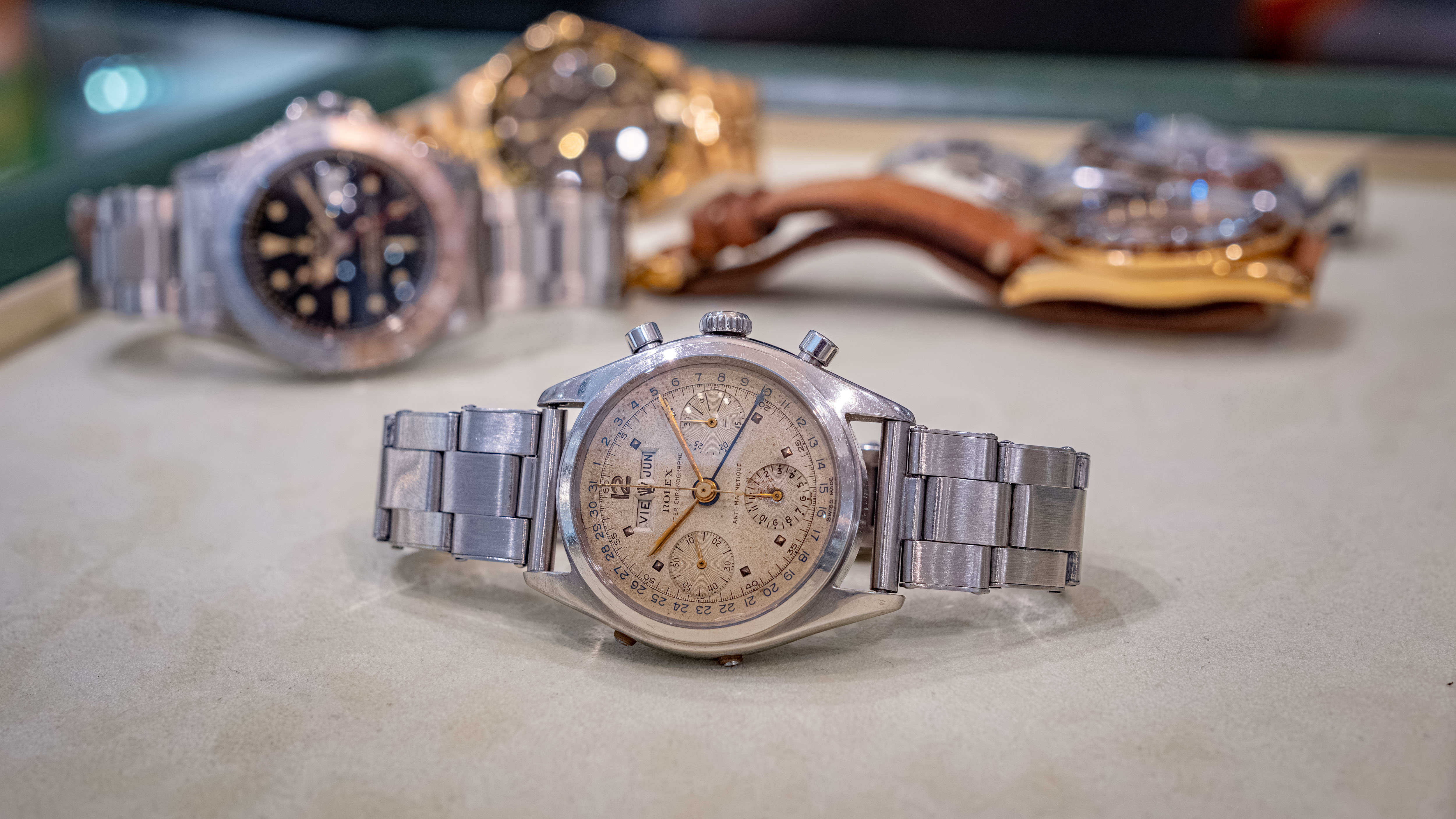


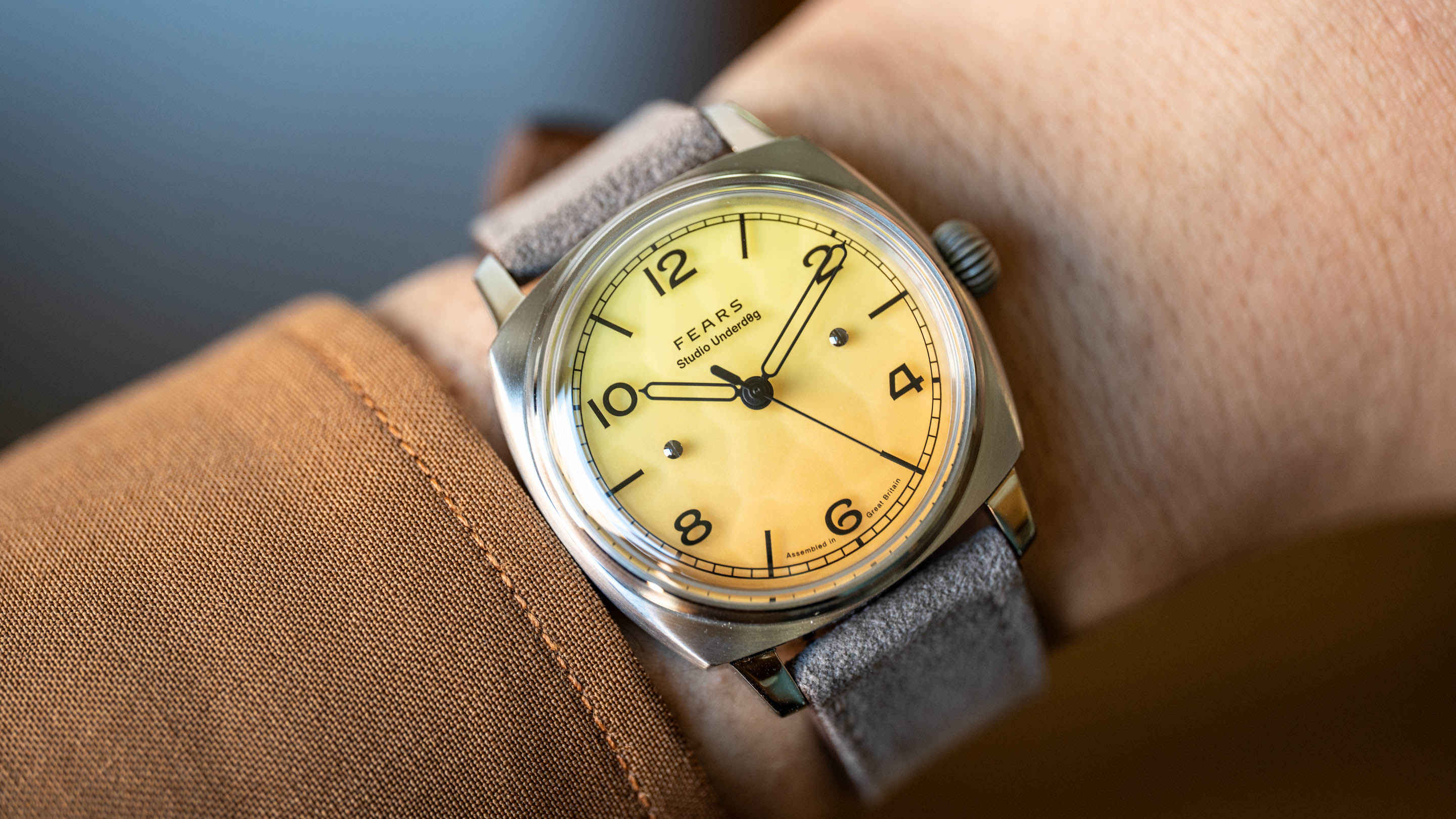


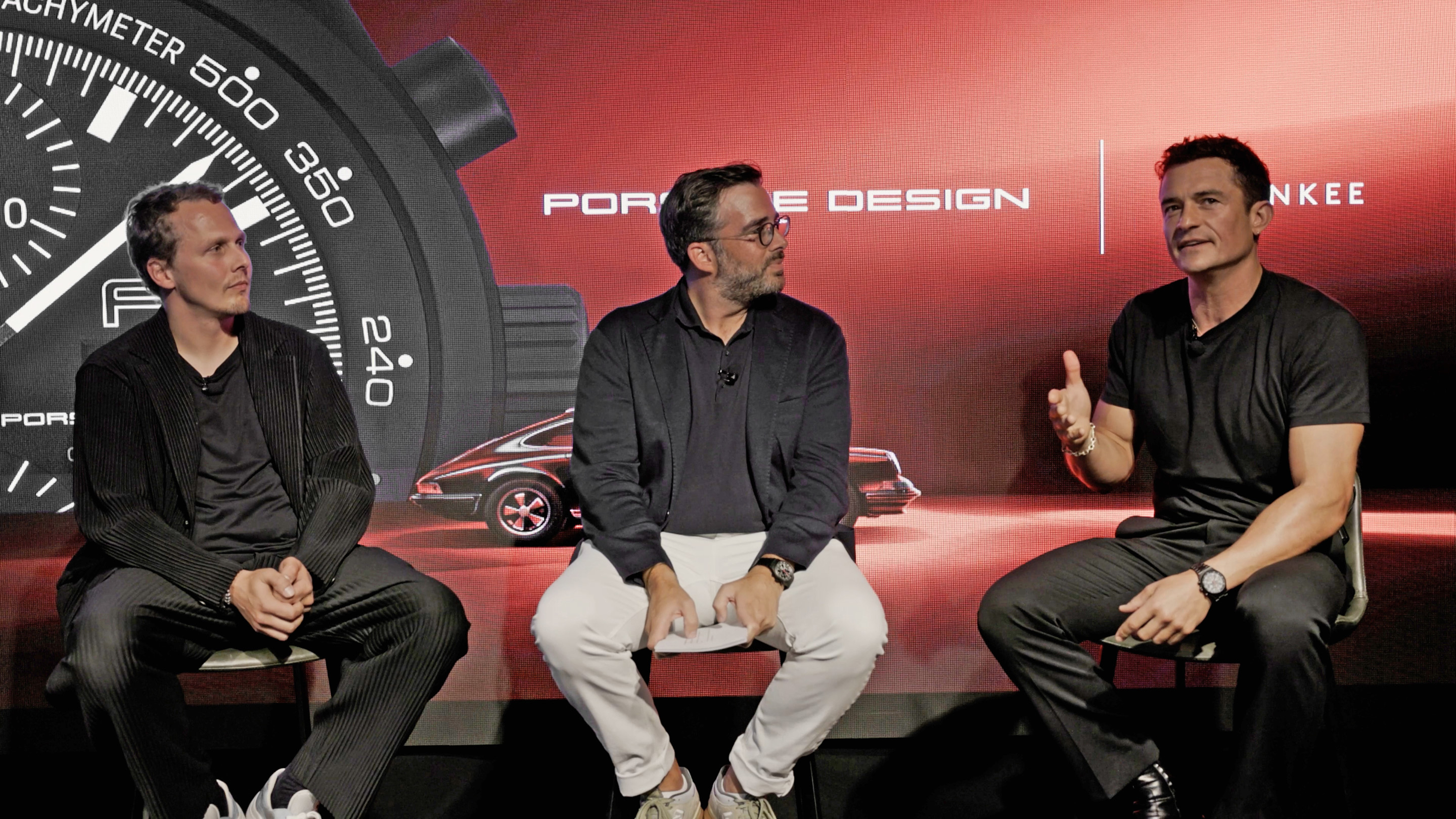
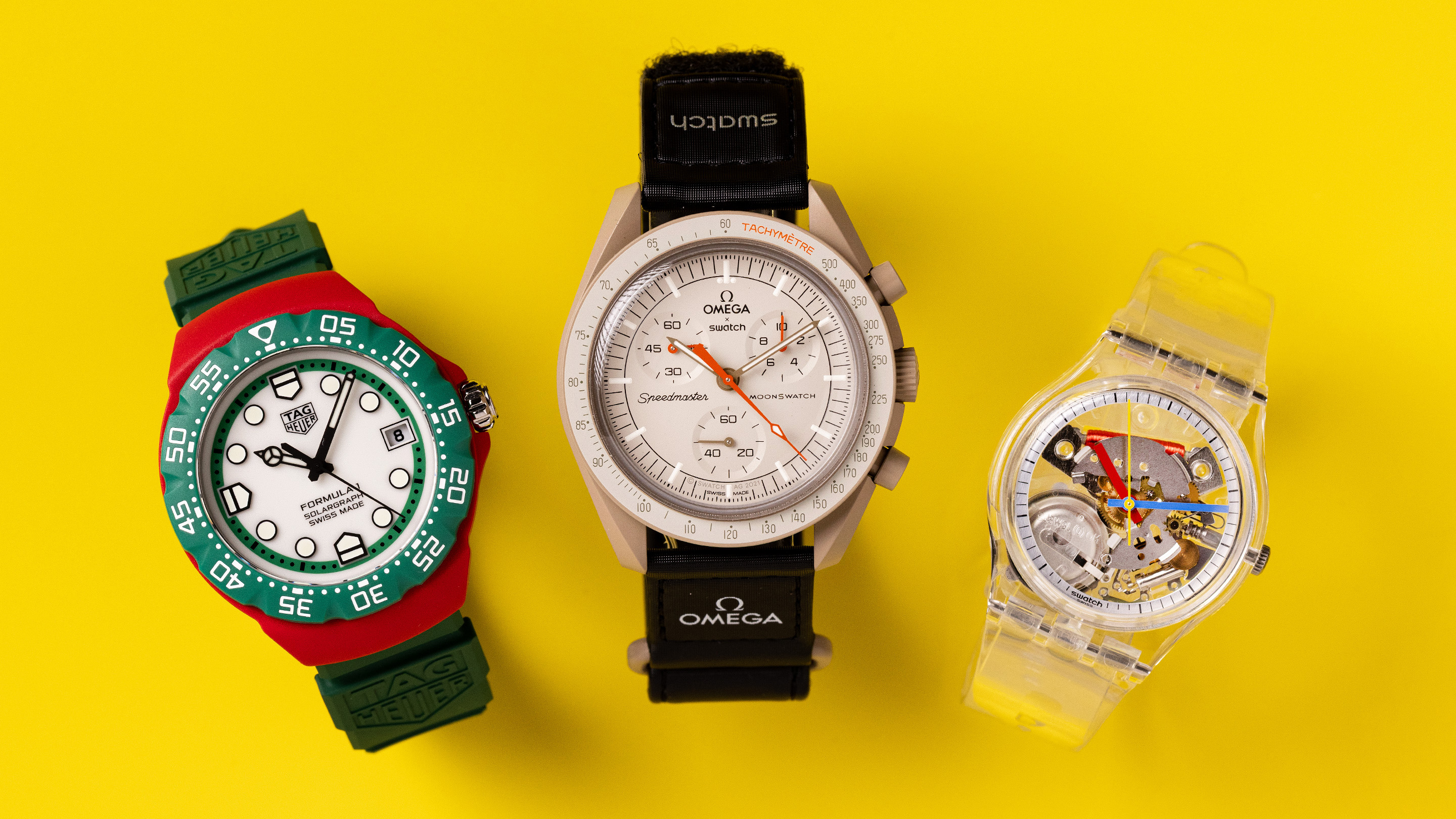













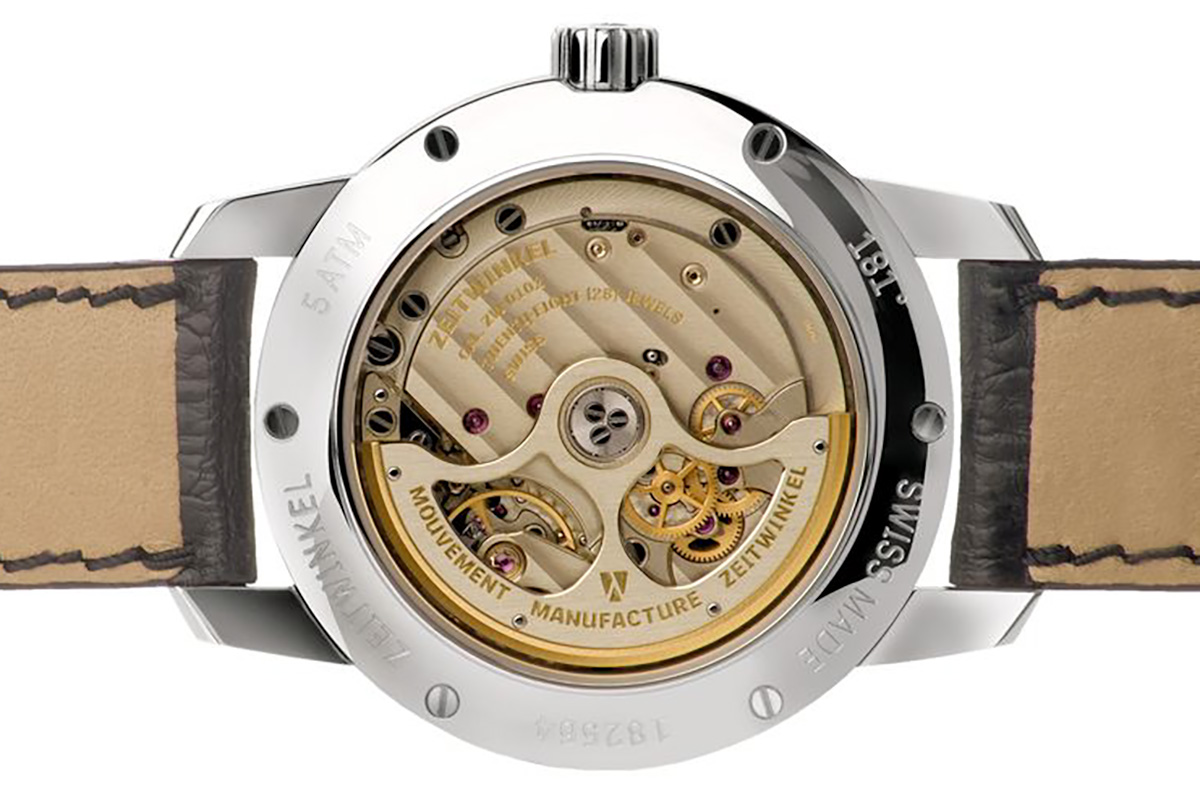








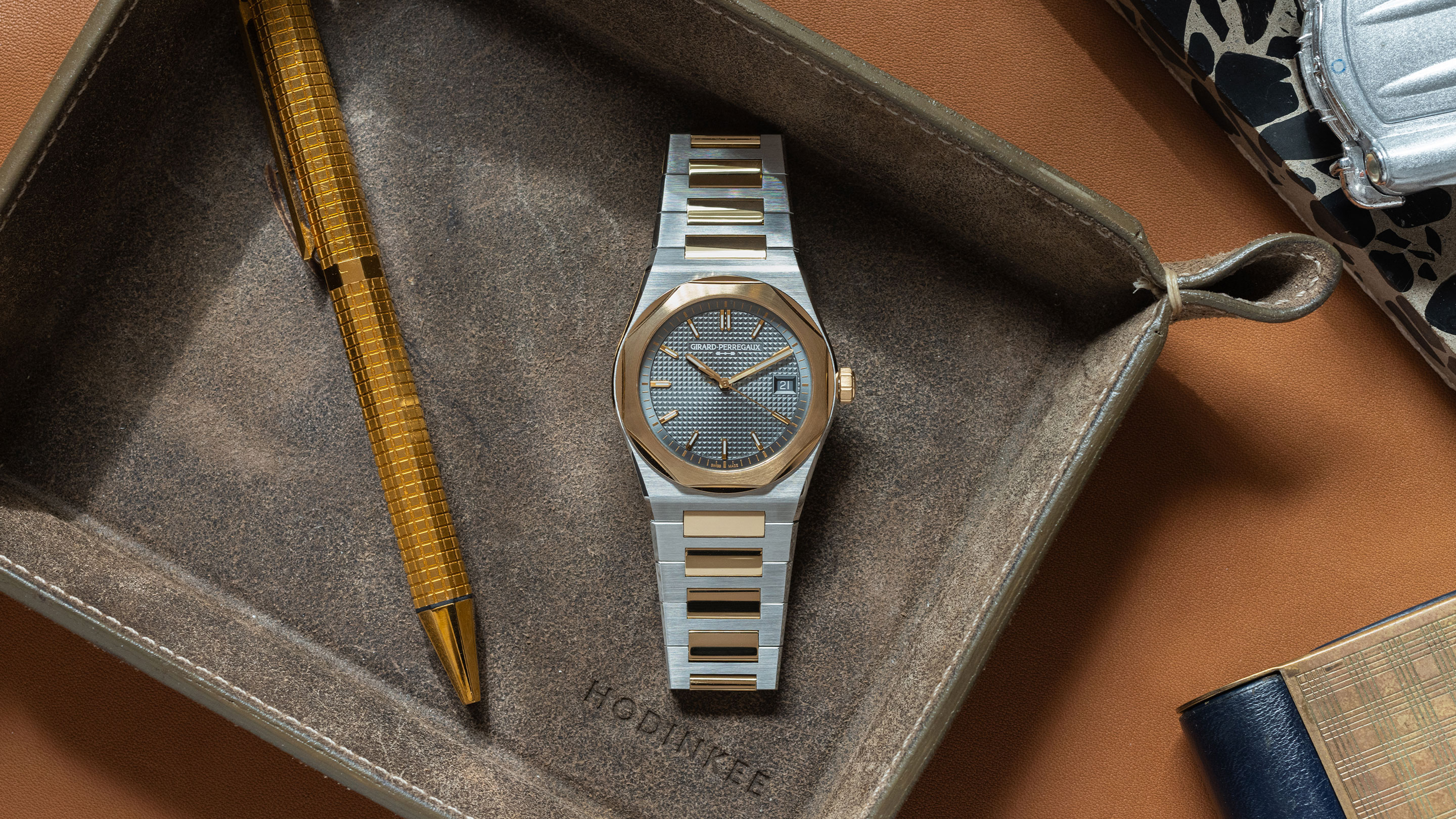

Top Discussions
Breaking NewsA Yellow Gold Rolex ref. 6062 Sets Record for the Reference, Third Most Expensive Rolex Ever Sold, At $6.2 Million
Photo ReportInside Mike Wood’s ‘For Exhibition Only’: A Private Rolex Collection On Limited Display
Reading Time at HSNY: Ex Libris